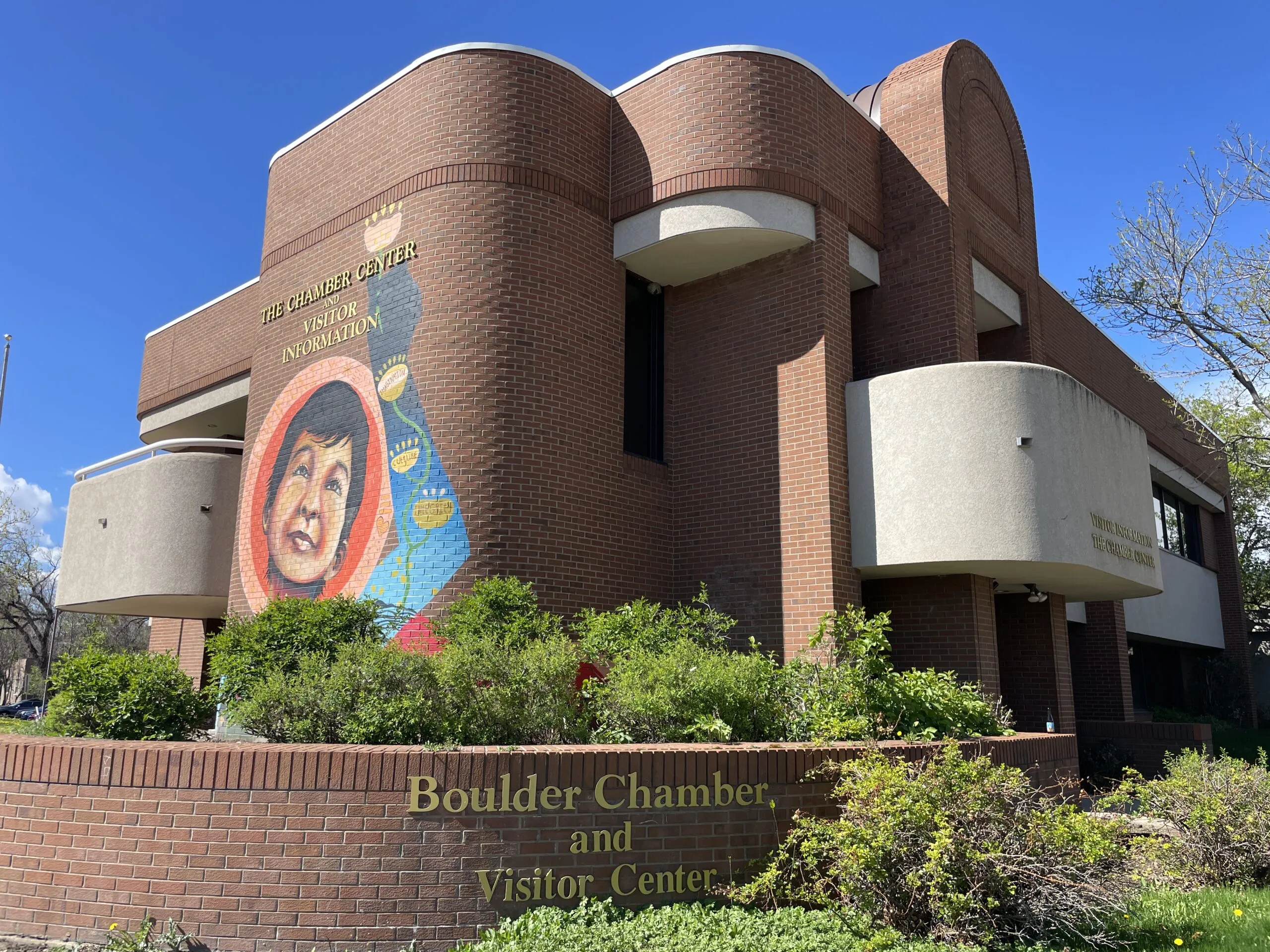How long will this economy last?
OK, I should probably just end this column right here, because the question posed in the headline is so impossible to answer that I won’t even try.
Umm … sorry, I couldn’t stay away. Predicting the unpredictable is too much fun, so here we go!
True, no one knows how long the current U.S. economic expansion — now in its 109th month, the second-longest in history — will continue. If the current expansion lasts past July 2019, it would supplant the longest period of economic growth set during the 1990s, so we’ve got that going for…
THIS ARTICLE IS FOR SUBSCRIBERS ONLY
Continue reading for less than $3 per week!
Get a month of award-winning local business news, trends and insights
Access award-winning content today!


